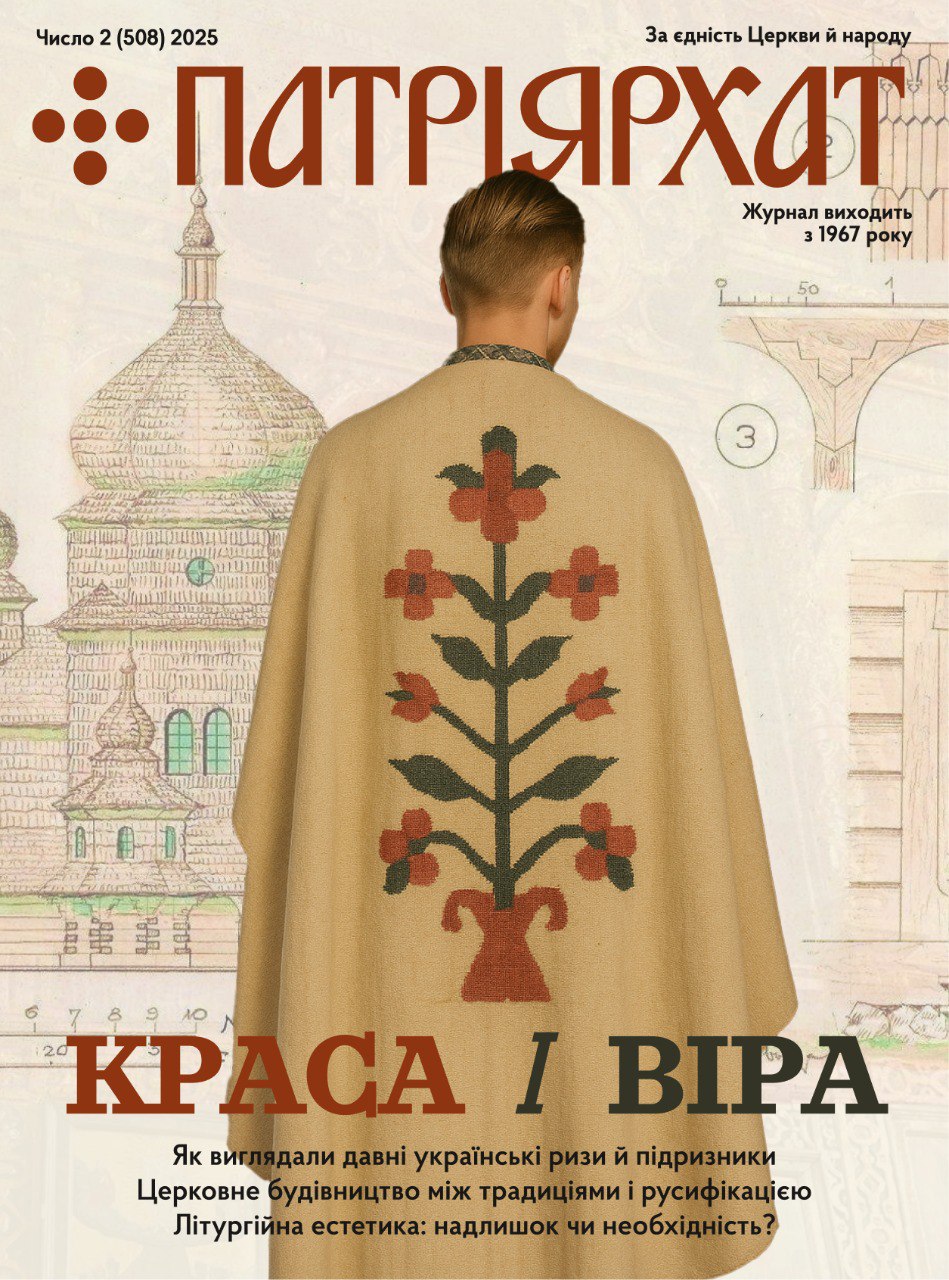Much has been said and written about the differences between East and West and about the differences between the Churches and religious of the two realms. As a matter of fact, there is voluminous literature about the latter topic dealing with the question from the historical, theological, and psychological point of view. On April 19, 1975, for example, this problem was thoroughly discussed by Jaroslav Pelikan, Sterling Professor of History and Religious Studies and Dean of the Yale University Graduate School, during a Symposium held at LaSalle College in Philadelphia, Pennsylvania. Dr. Pelikans paper as well as the other contribution to the Symposium will soon appear in print, and the collection will offer an exhaustive treatment of this problem. The purpose of the present article is to establish the essential difference between the Eastern Churches and those of the West, and draw some kind of a conclusion regarding the relevance of one to the other. In analyzing all the complex differences between the two, one is invariably struck with what appears to be the most important one. It can be formulated very simple. In the West, we tend to compartmentalize religion. It is something separate, it is an entity of itself and by itself and it does not, as a rule, permeate all of our daily activities. Today most people in the West consider religion as something which is extremely personal and at the same time divorced from all other areas of human endeavor, such as social life, politics, business, etc. It would appear that the western man has been quite fragmented if not atomized within his psyche.
One cannot echo the words of the German Poet, Goethe «two souls are living in my breast» and still be relevant, for in most human beings today there are more than two souls. As a matter of fact, Hermann Hesse, the German novelist par excellence of our time, speaks of thousands of souls which reign in the human consciousness. This polarized state of the soul of the western man tends to classify, divide, subdivide and categorize all aspects of its existence and as a result, we have the spiritual life of man, his religion, that is, his relationship with his Creator, as something almost extrinsic to his personality. This as a rule is not the case in the East; The East, for example, does not distinguish as sharply between things secular and things religious. For the Easterner, religion is a sort of vital feeling which permeates his daily existence and which is never viewed as something alien to his daily activities. Perhaps this is one of the reasons why the Ukrainian patriarchal movement is often misunderstood by people, who always seem to question the motives of those who propagate it. The question which is most frequently posed in this connection is — are you really concerned with your religion or are you just using it as an excuse to achieve some national or even nationalistic ends? In terms of Eastern religiosity, this question makes little or no sense at all. Of course, religion can and often is misused. No one will deny that. But inasmuch as the Easterner does not, as we have pointed out, distinguish as sharply as the Westerner between the sacred and the secular, no definitive line of demarcation can be drawn. This happens to be particularly valid for the Ukrainian people, whose national identity has for centuries been furthered and maintained by Church and Religion, because the nation as such had no statehood. But now, let us return to our original topic and see if the West could not learn something from the East. And the answer to that question becomes immediately apparent. If religion in the West permeated more the daily activities of the people, then perhaps there would be no Watergates, no gang warfare, no race hatred or, at least a lesser degree of evil prevalent in society. Perhaps too, the Western man would become more whole and his fragmented personality would fuse into a harmonious entity as it was originally designed by his Creator.

